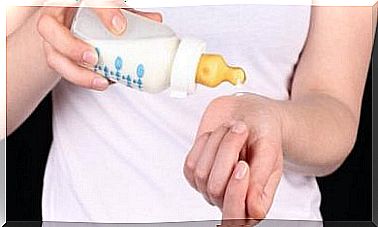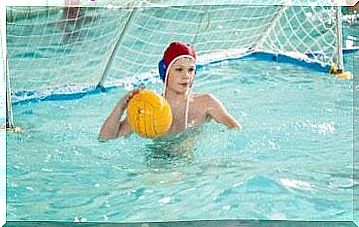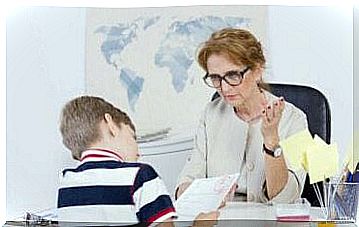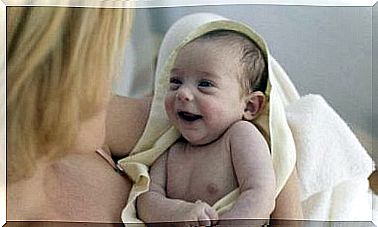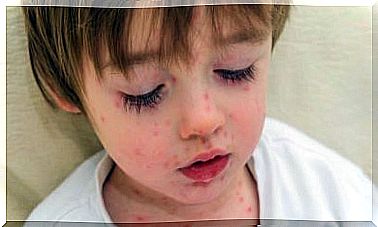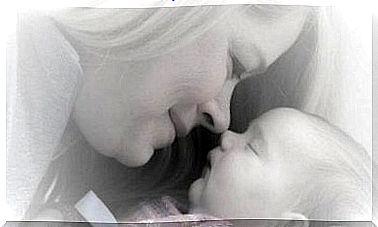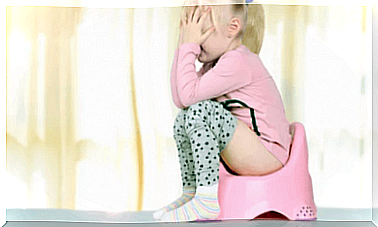The Wonder Ponder Project Or How To Introduce Critical Thinking In Children – Being Parents
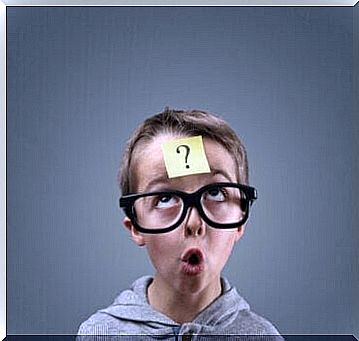
Educating children in critical thinking is a concern that more and more moms and dads have every day. It is precisely to respond to this situation that the Wonder Ponder project was born a few years ago.
This project was initially based on the creation of the publishing house Wonder Ponder. This publishing house aims to bring together the philosophy of children with different ideas, from the youngest to the oldest.
Since then, this publishing house, and the whole project that accompanies it, has published a good number of works centered on the world of philosophy for children.
We thus obtain an interesting result so that the youngest of the house understand philosophy as something necessary, which helps them and teaches them to think critically, developing with more security in today’s world. .
The Wonder Ponder project
However, this project has not stopped developing since its birth. Therefore, new features and ramifications have emerged with every step. This traditional publishing house, which edits and publishes books for a specific audience, has therefore seen its role evolve.
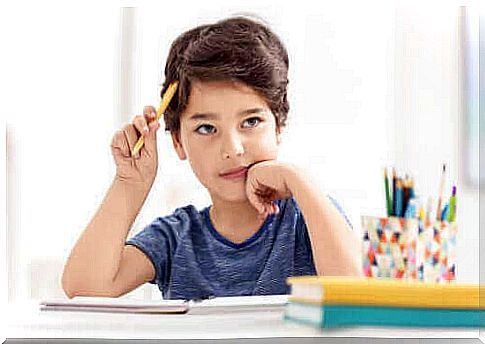
One of the latest tools born under the project is the Wonder Ponder Academy . Entirely online, she mainly focuses on the connection between visual philosophy and children, at first. It also deals with interesting subjects related to this approach to philosophy, such as literature or art, whether related to it or more distant.
In other words, after more than half a decade of bringing the world closer to the philosophy of children and their parents, Wonder Ponder is now expanding its range by offering more specialized training, focused on the different disciplines and their relation to thought, criticism and the philosophical worldview.
In addition, the publishing house also does research, occasionally publishing really interesting studies on philosophy in the world of the child, its possible applications, the best ways to make it known to them, etc.
Other tools of philosophy
This project continues to function and develop every day. This is why Wonder Ponder is constantly developing the training and courses necessary to introduce children to the philosophical world of critical thinking.
The most useful tools are in knowing certain resources, such as using questions and dialogues in class, for example.
But there are other management tools that this project benefits from. The use of the bibliography is very interesting. The publishing house transforms traditional philosophy books into works that make it easier to develop questions and problems. In addition, it publishes valuable, rich surveys that arouse the curiosity of young and old alike while reading.
To improve their skills in children’s reading, Wonder Ponder also develops specialized courses in the analysis of specific authors who have combined history and philosophy in their work. This is the case of Maurice Sendak, the famous creator of Max et les Maximonstres . And, with him, they analyze other authors, like Nöstlinger, Lobel or Steig.
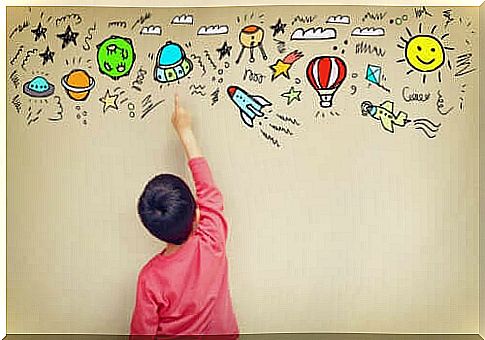
More philosophical resources
To help children learn about critical thinking, the Wonder Ponder Project features other literary tools, courses, and instruments. These include, for example, shared readings aloud or historical editions of children’s literature.
With these resources, adults can explore the philosophical world of children’s literature and introduce young people to it in a fun and educational way. Thus, they learn to build their mental tools to exercise critical and objective thinking in their daily life.
All of this is achieved through the use of tools like shared reading aloud mentioned above, deep reading knowledge of children, etc. In this way , children gain experience and, at the same time, they do not lose that innocence that characterizes them; they mature earlier and learn to select with confidence.
Undoubtedly, initiatives such as the Wonder Ponder project are really interesting for the training and optimal development of the child.
Thanks to its activities and its constant offer in education and research, together we can ensure that the youngest of the house have confidence in their possibilities and become autonomous people. And by approaching all this from a critical point of view, but at the same time sensitive.
